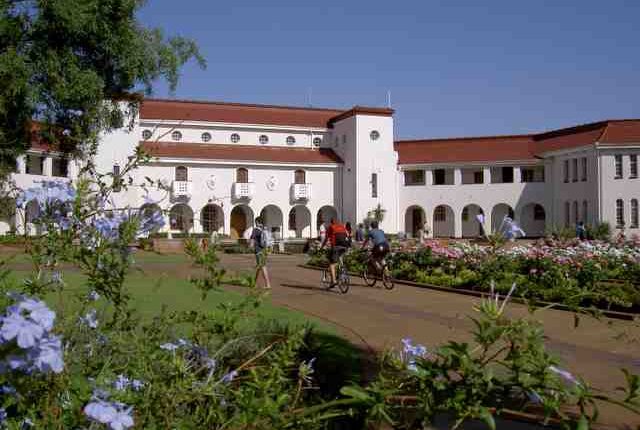North-West University: Decision to raise interest rate conveys strong message on dealing with inflation
“In line with market expectations, the Monetary Policy Committee (MPC) in a majority vote of three to two raised the repo rate by another 75 basis points, with a minority view favouring a 50 basis-point increase.”
Prof Raymond Parsons, economist from the Business School of the North-West University (NWU), says the statement and decision by the MPC on 24 November conveyed a further strong message about how the South African Reserve Bank (SARB) intends dealing with inflation in South Africa.
He explains that with headline inflation and core inflation rising above market expectations, the SARB still sees inflation risks on the upswing in the immediate future. It reinforces the tough approach adopted at the MPC’s previous meeting on September 22.
“It was therefore inevitable that, with inflation apparently stickier than expected, the MPC would robustly continue with the interest rate-raising cycle it originally commenced a year ago, with rates having now risen by 275 basis points since then.”
Prof Parsons says it is evident that South African businesses and consumers will have to deal with both higher inflation and higher interest rates for longer, though the rate of inflation may moderate next year. It seems that interest rates will remain high until the SARB is confident that inflationary expectations have been re-anchored.
“Yet the inherent policy dilemma of achieving a balanced outcome for the SARB’s anti-inflationary mandate is becoming increasingly greater in an economy that the MPC has often itself in the past described as ‘fragile’. Assuming that South Africa’s unemployment problem is structural for the most part does not mean that ever dearer money remains a frictionless or painless process in the economy. There is no conventional excess demand in the economy. Rising interest rates are beginning to bite spending and are starting to show up in real-time data for both business and consumers.”
According to Prof Parsons, while the fact that the South African economy is struggling to gain sufficient momentum is driven mainly by a number of other global and domestic factors – in particular the Eskom blackouts – steadily rising borrowing costs can also eventually add a serious obstacle to desired levels of job-rich growth.
“The divided vote on the MPC reflects that more than one interpretation is possible as to the right pace at which borrowing costs should rise in South Africa. In addition, the SARB also now sees the risks to domestic growth as being on the downside, as compared with judging them as ‘balanced’ at the previous MPC meeting.”
Prof Parsons says that if the conventional time lags in monetary policy hold true, then the full impact of current interest rate hikes will broadly coincide with the SARB’s revised gross domestic product (GDP) growth forecasts, which are now well below 2% for 2023 and 2024.
“If it is true that the downside risks to South Africa’s GDP growth prospects have now increased, this will continue to require careful monitoring by the SARB. The MPC must indeed remain heavily data-dependent about the path and pace of further interest rate rises so as to successfully navigate poorly charted economic waters and avoid new rocks of uncertain location.”

